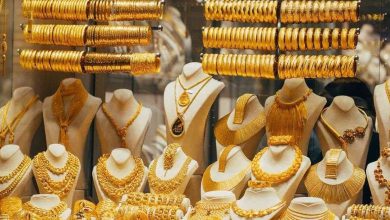A Former Official Calls for Stopping Trade in Gum Arabic

Sudan Events_Nahid Oshi
The former Undersecretary of the Ministry of Agriculture, Engineer Abdel-Rahman Hattar, warned that Sudan does not benefit from gum revenues and said that they go into the pockets of merchants and monopoly companies. He added in his interview with Sudan Events: According to World Bank data, the annual gum arabic trade reaches about 120 thousand tons, with a return ranging from one billion to one billion and two hundred million dollars, while Sudan’s contribution is estimated at between 80 and 90% of the total global gum exports, while the income to the Sudanese treasury does not exceed 120 to 150 million dollars annually, which is equivalent to only 10% of the real return of the gum trade. Hattar added, of the 10%, the product does not reach except (one tenth), or 10%, about 12 to 15 million dollars for about 10 million citizens living in the gum arabic belt. The former agricultural agent stressed the necessity of dealing in the trade and marketing of gum arabic on a par with the diamond trade. He said, just as diamond trade in conflict zones has been prohibited internationally, gum trade must be prohibited. Until the situation clears, there is a warning about the lack of production and the families benefiting from the reasons for the mass flight that occurred as a result of the war.
He called for the implementation of the ten-year gum arabic strategy 2020-2030 approved by the Council of Ministers, which described gum arabic as a life and not a commodity. It includes nine strategic goals, 18 interim goals, 45 strategic projects, and 28 urgent interventions, the most important of which is improving the production environment and the supplier base and paying attention to producers as they are the tip of the spear. In addition to following up on specifications, improving the quality of gum arabic, and addressing the world with a new commodity with absolute advantage.
Pointing to the importance of gum arabic produced in Sudan and the benefit of international companies from the gum, he said, “During the years of the economic boycott of the bailout system by the American government, we find an exception for gum arabic, or more correctly, Sudanese, and not other products, due to the poor quality of industrial alternatives or gum produced in Belt countries such as Chad, Mali, and Niger, South Sudan and Ethiopia do not have the advantages of Sudanese hashab gum, which is an advantage and a divine gift that has been transformed by our actions into a calamity, and the gum has become stained with the blood of innocents because part of its indirect income went to finance the war.



